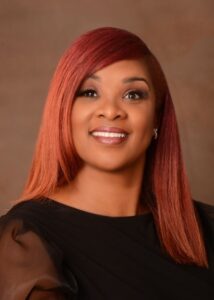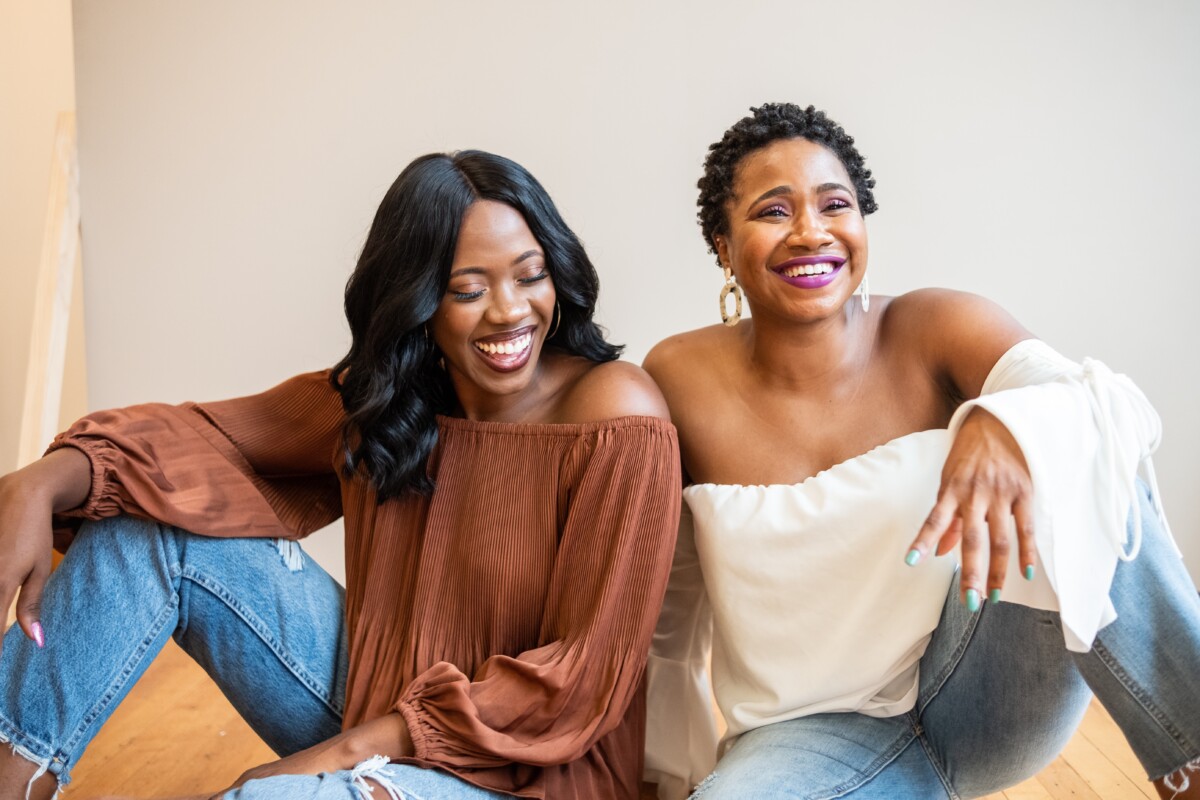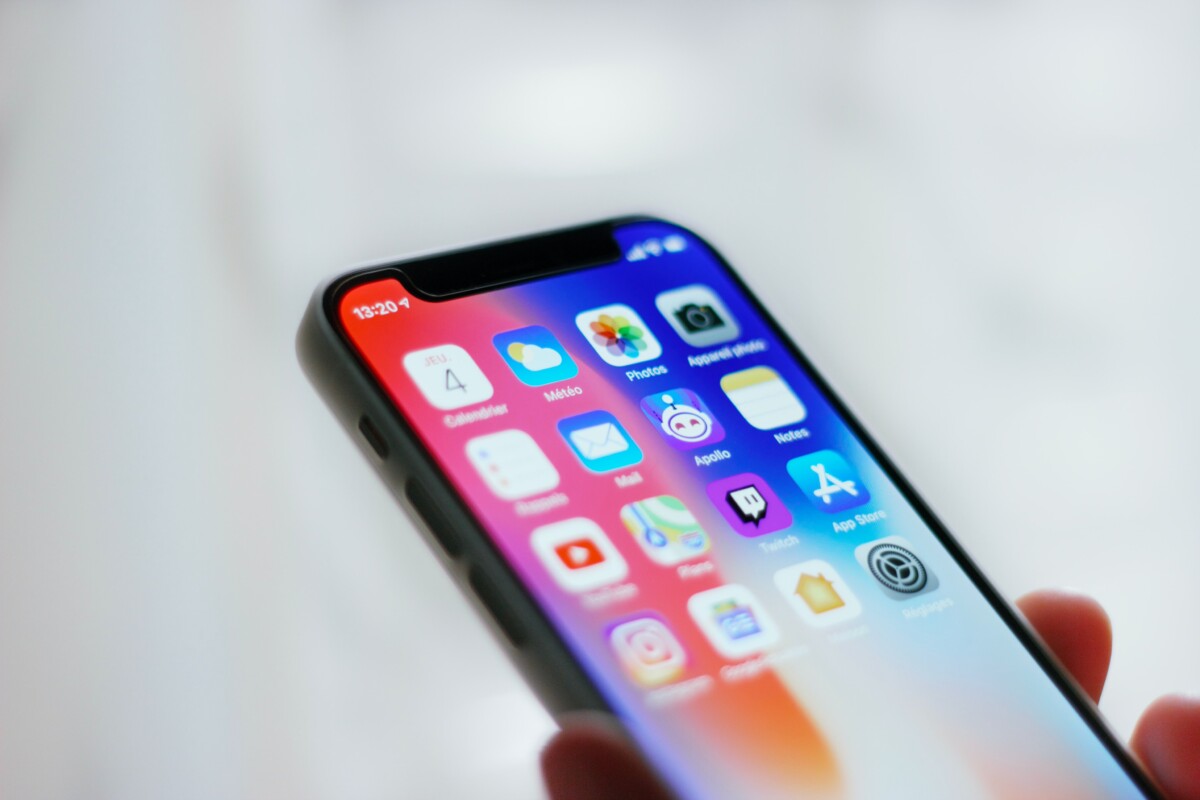Rasheeta Chandler, PhD, RN, FNP-BC, FAANP, FAAN is an Emory researcher passionate about improving health outcomes for Black women and women of color. Emory OTT sat down with Dr. Chandler to chat about the disparities in health outcomes for minority communities and how her research is helping to close the health gap.

Rasheeta Chandler, PhD, RN
What makes you passionate about your area of research?
Throughout my career, I’ve always gravitated toward women’s health. My work is for a community that looks like me, my mom, my sister, my aunt, and my cousins. It’s disheartening to see staggering disparities for communities of color on so many different health indicators. Whether you’re talking about cardiovascular disease or reproductive health outcomes, women of color – and particularly Black women – are disproportionately negatively affected. So, if that doesn’t drive you as a scientist in this space, I don’t know what will.
Statistics can help quantify the effects, but I actually see them in living color. At any given time, there might be someone in my circle of influence or in my family dealing with one or more of these illnesses at one point in time. So, my personal connection to the community is really what drives me.
Can you tell us a bit more about your latest project, SavvyHER?
I say that SavvyHER is like your homegirl talking to you, but she has the evidence and vetted information to back it up. It’s a mobile app designed for Black women by Black women to provide comprehensive sexual and reproductive health information focused on HIV prevention. But really, the evidence-based information could be used by any woman.
We also cultivate a sense of community through groups and scheduled live classes with sexual health experts. And we’re partnering with vendors to provide products, like pleasure items, to incentivize app use. We want to make sure women get evidence-based and legitimate information, but we never want it to be boring. So, a lot of our content is interactive, like videos and conversational posts.
It’s been a lengthy development process. I’m not just creating something to put out into the world; at every stage of development, we’re conducting community-based participatory research. The community members and women who’ve participated have been integral to determining what our visuals and content should include. While it’s pitched as an HIV prevention tool, I see it becoming a comprehensive resource for women’s health for women all over the world.
What have you learned from the research and clinical work that led to the development of the app?
When I started thinking about what was available for women in the digital space of HIV prevention, I didn’t see anything that fit. Historically, HIV prevention and treatment has been focused on men who have sex with men. Certainly, they’re a population who should be considered and advocated for, but I was having a hard time finding resources for people who look like me.
And the numbers backed me up: The rate of new HIV infections among Black women is 11 times that of white women and four times that of Latina women. Women deserve to be more than a second thought in health care, and the lack of resources for women of color in this space and for this issue motivated me to develop the app.
Why is it so important to focus on the sexual and reproductive health of Black women and women of color?
Simply, to continue highlighting the disparities that exist in this space. Black women are disproportionately affected by HIV as compared to women of other races or ethnicities, along with other STIs.
That’s one of the reasons why we work with third parties to offer home STI test kits and connect patients with the care they might need. But it’s not just STIs: Black women in particular experience higher rates of poor health outcomes in the space of sexual and reproductive health, including pregnancy, menopause, and perimenopause. The maternal mortality rates – especially in Georgia and among Black women – are abysmal.
With SavvyHER, we want to be as proactive as we can about preparing women to take charge of their sexual health and get pregnant when and if they want to without any issues.
What steps can women take to be proactive about their overall health?
First, I think women can start embracing themselves. I know it’s difficult sometimes, but practice saying, “It’s okay to be me. It’s okay to be sexual.” If you’re okay with those things, you’re more likely to be proactive about addressing issues around your sexual and reproductive health. I think this acceptance can help overcome stigmas and other things that can keep us away from getting care.
The other thing is taking time for you. Carve out that time to say, “This is for me, and I’m going to take care of myself.” We have so many roles as moms, daughters, and so on. Personally, I have aging parents and two young children. It’s so easy to focus on others all the time, but make sure you carve out some time to take care of yourself and your healthcare needs.
What role do you think technology and/or social media can play in women taking charge of their health?
 Social media already plays a major role in most of our lives, so it’s crucial to be able to filter through things that could be detrimental and things that could be helpful. I’m not a strong advocate of using social media as your only source of information, especially when it pertains to your healthcare. But it’s nice to be able to use it as a tool that can enhance your knowledge or to advocate for others. For example, my cousin has a rare autoimmune disease, and she’s part of a Facebook group that really helped her. The people in the group can relate to one another and share their experiences.
Social media already plays a major role in most of our lives, so it’s crucial to be able to filter through things that could be detrimental and things that could be helpful. I’m not a strong advocate of using social media as your only source of information, especially when it pertains to your healthcare. But it’s nice to be able to use it as a tool that can enhance your knowledge or to advocate for others. For example, my cousin has a rare autoimmune disease, and she’s part of a Facebook group that really helped her. The people in the group can relate to one another and share their experiences.
In terms of technology, AI is emerging and there are so many things happening with it. Staying abreast of what’s going on in the technological space so you’re not misled is important, and you might be able to use those tools to your advantage.
Is there anything else you would like to add?
I would like to thank The Queen Savvy team, my co-investigators, mentors, community stakeholders, and the women who have participated and are participating in this study. Without them and their contributions, Savvy HER would not be successful. I cannot do this work alone. My team and my community are extremely important to the work that I do. I know most of the time I’m the face of it, but I certainly want to acknowledge them and their contributions to the work that I do.